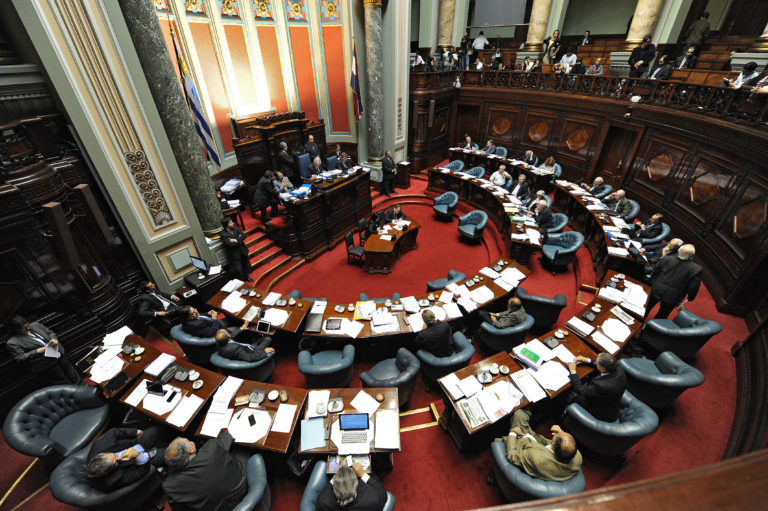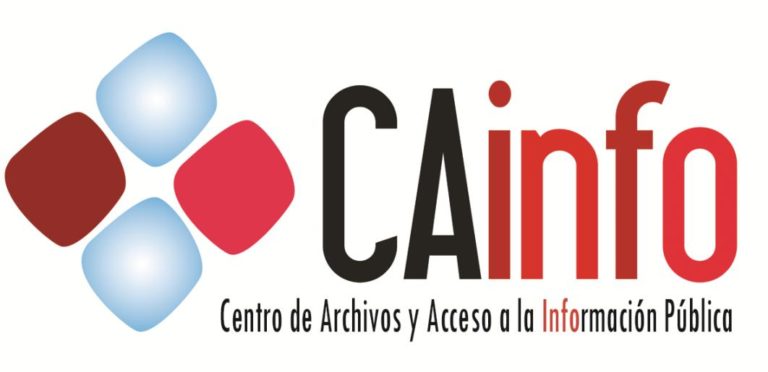(AMARC/IFEX) – On 29 September 2008, during a meeting of the Council of Ministers (Consejo de Ministros), President Tabaré Vázquez and all his ministers signed a bill that will modify Law 16099, known as the Press Law, and articles 138, 173 and 336 of the Criminal Code in order to eliminate the crimes of “insult” […]
(AMARC/IFEX) – On 29 September 2008, during a meeting of the Council of Ministers (Consejo de Ministros), President Tabaré Vázquez and all his ministers signed a bill that will modify Law 16099, known as the Press Law, and articles 138, 173 and 336 of the Criminal Code in order to eliminate the crimes of “insult” and “defamation” in cases of public interest and the crime of “insulting national symbols”, among others.
As the basis for the bill, the government used documents developed by a commission that included civil society groups and government personnel.
According to the government, “the objective of the bill is to adapt a norm that will regulate the work and responsibilities of the press, taking into account standards established by international human rights law.”
The bill still contemplates the crime of insult, which is currently covered by article 173 of the Criminal Code, when it comes to “real offences” against officials or “open disobedience with respect to an official’s mandate”, but it clarifies that the expression of differences of opinion with authorities cannot be considered a crime.
Changes to the Press Law include the elimination of the crimes of “defamation” and “insult” when the situation involves information of public interest or concerns public officials or individuals who have voluntarily placed themselves in a position to be exposed to questioning on issues that are of interest to the public. However, the bill maintains penalties in cases of “real malice” or where information about the private lives of these individuals is published without justification.
In cases where there is a conflict between freedom of expression and other fundamental rights, the bill calls for judges to consult the rulings and doctrine laid out by the Inter-American Court of Human Rights.
The bill must now pass to the Uruguayan parliament for reading.
Civil society organisations that work on freedom of expression issues have welcomed the bill, while announcing that they will continue to provide suggestions for revisions to various aspects of its contents as it passes to the parliament. Among other issues, the organisations are of the opinion that the wording of the bill with respect to the issue of “insult” should be clarified to limit the crime to cases of resistance to a legitimate order issued by an authority, excluding all references to “insult by offence.”
Updates alert on legislative bill: http://ifex.org/en/content/view/full/95597


